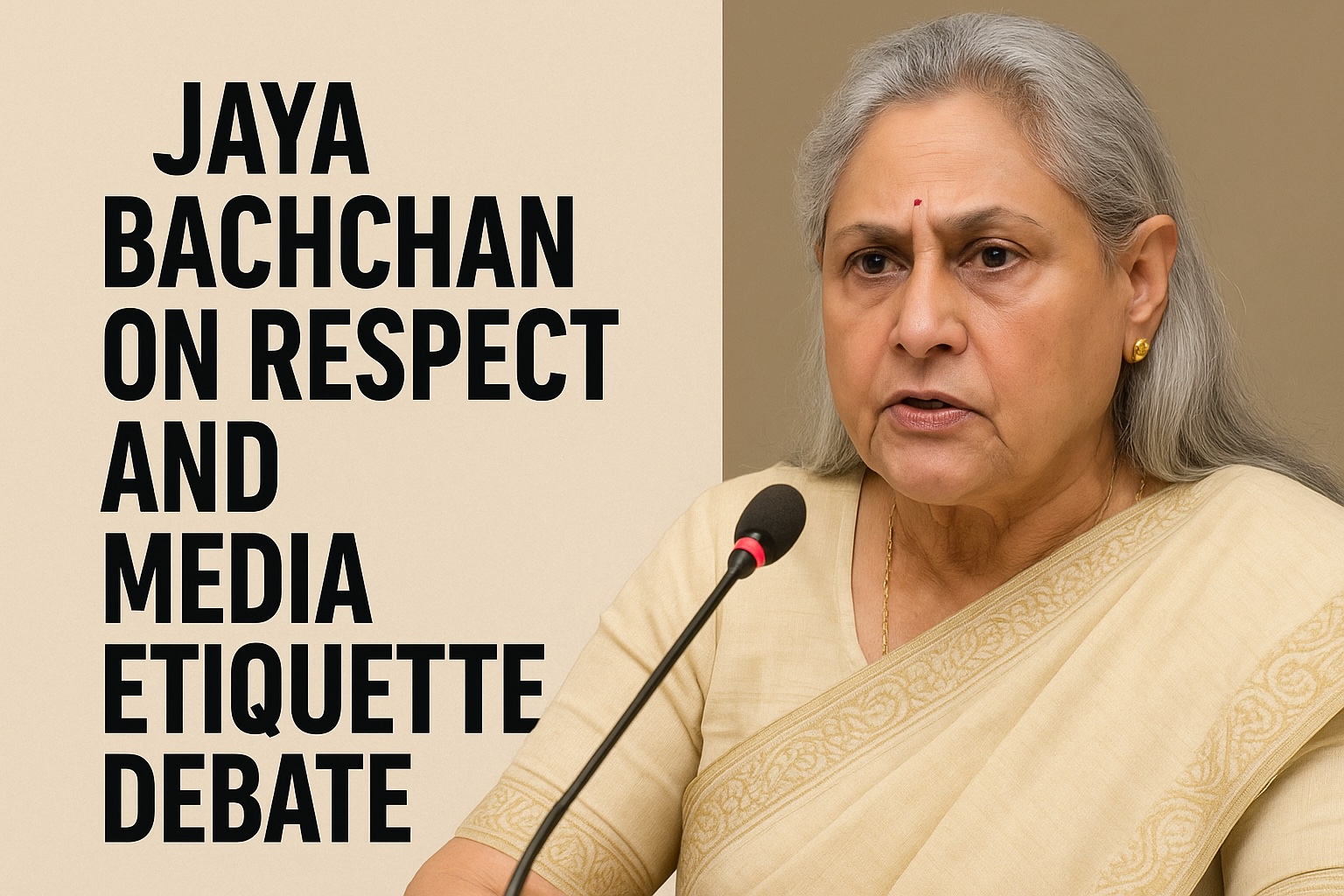MUMBAI: Mumbai Sessions court judge U B Hejib has fixed 10 June as the date for delivering the verdict on the admissibility on an appeal filed by Salman Khan. Khan had filed an appeal with the Sessions court, aiming to revoke the charge of culpable homicide not amounting to murder, in the 2002 hit-and-run case.
Case Background:
In September 2002, Khan had allegedly driven his Land Cruiser onto the pavement outside a bakery in suburban Bandra, reportedly injuring four and killing one person. The incident took place in the wee hours of the morning, and the people involved were pavement dwellers.
On Wednesday, Khan was exempted from appearing in court, based on a plea filed by his counsel Ashok Mundargi, stating that he was out of town for his professional commitments. Mundargi has challenged the magistrate’s orders, stating that it was “erroneous, bad in law and contrary to evidence on record.”
His counsel argued that the magistrate had not appreciated the fact that the actor had neither the intention (to kill people) nor the knowledge that his rash and negligent driving would kill a person and cause injury to four others.
However, the prosecutor (Public Prosecutor Shankar Erande) argued that the magistrate had rightly invoked the charge of culpable homicide as Khan had committed a serious offence. Further, the medical tests conducted on the actor had concluded that Salman had 60 mg of alcohol in his body, which is over the permissible limit and which was proof that he was driving under influence. Moreover, the police escort provided to him for security, constable Ravindra Patil had allegedly warned Salman Khan not to drink and drive rashly. This statement was recorded a few years before Patil’s demise.
The road ahead for Salman Khan:
If charged with culpable homicide not amounting to murder (under Section 304(ii) of the Indian Penal Code), Khan’s sentence can run into 10 years’ imprisonment. However, the offence of causing death due to rash and negligent (under Section 304(a) of the IPC) is punishable with a jail term of up to two years and/or fine.





